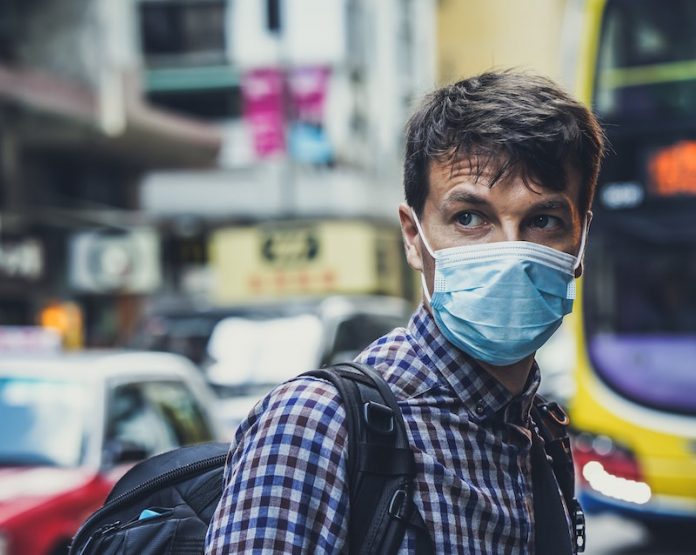
In a new study, researchers found that COVID-19 has severely affected people’s daily emotional lives and mental health, increasing their stresses the longer lockdowns, fear of getting sick and financial strains to continue.
Having a lower education level and speaking English as a second language further reduced resilience and hindered people’s ability to cope.
The research was conducted by a team at the University of California, Davis, and elsewhere.
The study was based on surveys that began in April—just a few weeks after lockdowns started in the United States.
The team surveyed 374 people online, using social media, websites, and other outlets, mostly in the United States, over a 10-week period beginning in April.
Those surveyed were asked about previous disaster experience, their resilience, their perceived stress, their current situation as it relates to COVID-19, and personal and household demographics.
Respondents in the current study had filled out questionnaires before masks were mandatory before closures were prolonged before large job losses had occurred and prior to the full realization that the world was experiencing a global economic recession and deadly public health crisis.
Additionally, fewer people, at the time of the survey, had experienced family illness and loss to COVID-19 as would be the case now and in future surveys.
Historically, in environmental disasters (such as hurricanes), people find comfort in asking for and getting help from neighbors and friends.
However, this kind of dependence and interaction increased stress for people in the survey. That’s because, in a pandemic, contact with others increases their risks and fears of getting sick.
The team says there seems to be a real fear of contagion. The more that people perceive stress the less resilient they are.
Research on pandemics and their effects on people is scant, given that it’s been a century since a pandemic the size of COVID-19 has occurred.
Additionally, very little research has taken place during a pandemic.
The team showed that just 28 days, on average, into the pandemic two-thirds of survey respondents reported moderate to high levels of stress.
Most of the respondents were female (75%), well-educated, white, and employed at the time.
The authors said the research points to the need for solutions for a population facing so much uncertainty.
Given the findings from the study, governments must mitigate the associated risks of a pandemic by providing the needed resources for individuals, households, and communities to maintain resilience over a long period of time.
The uncertain end of COVID-19 requires governments to offer a buffer against the pandemic impact and to ultimately reduce stress to create optimal health and well-being for citizens facing adversity.
One author of the study is Clare Cannon, an assistant professor in the Department of Human Ecology.
The study is published in Sustainability.
Copyright © 2020 Knowridge Science Report. All rights reserved.



